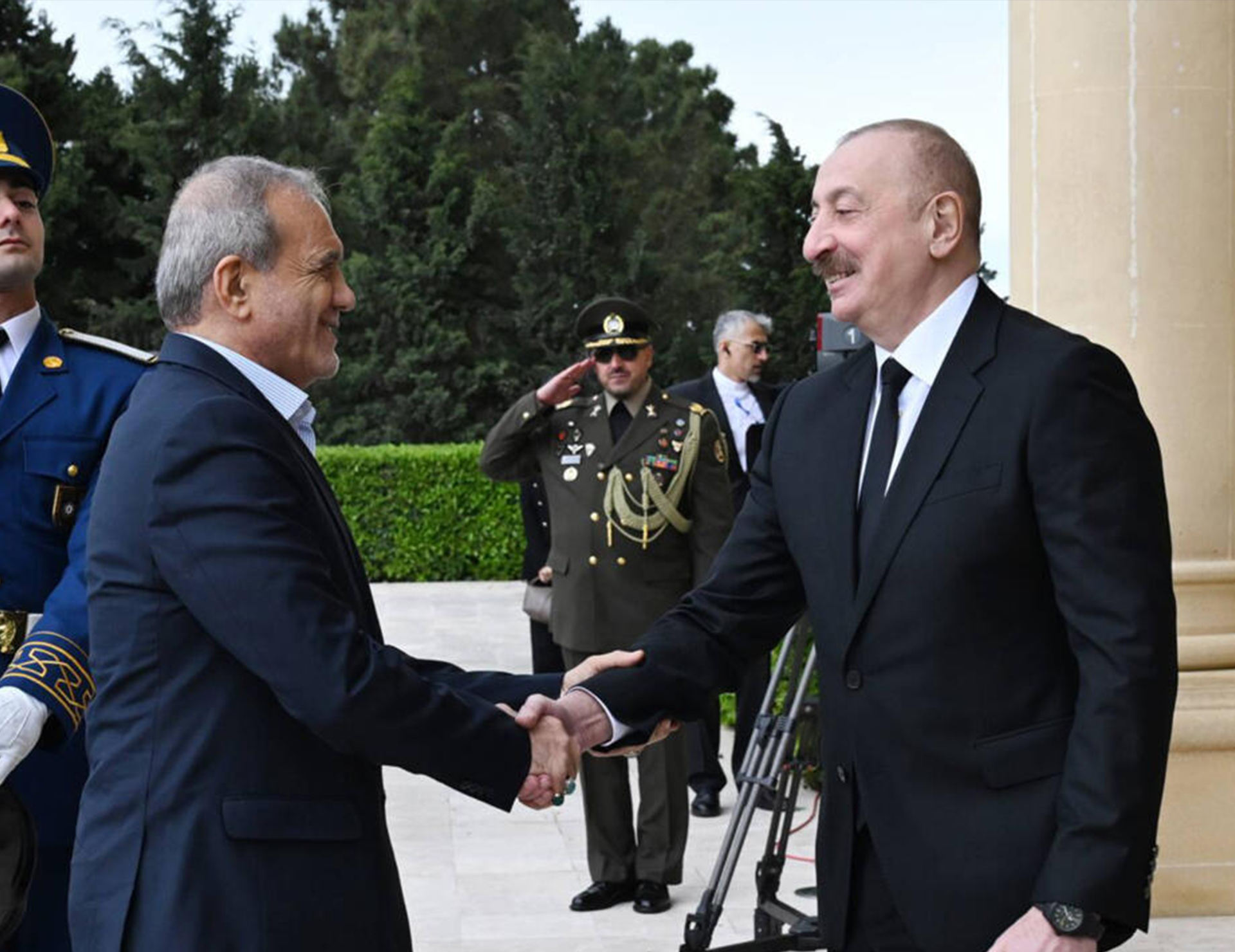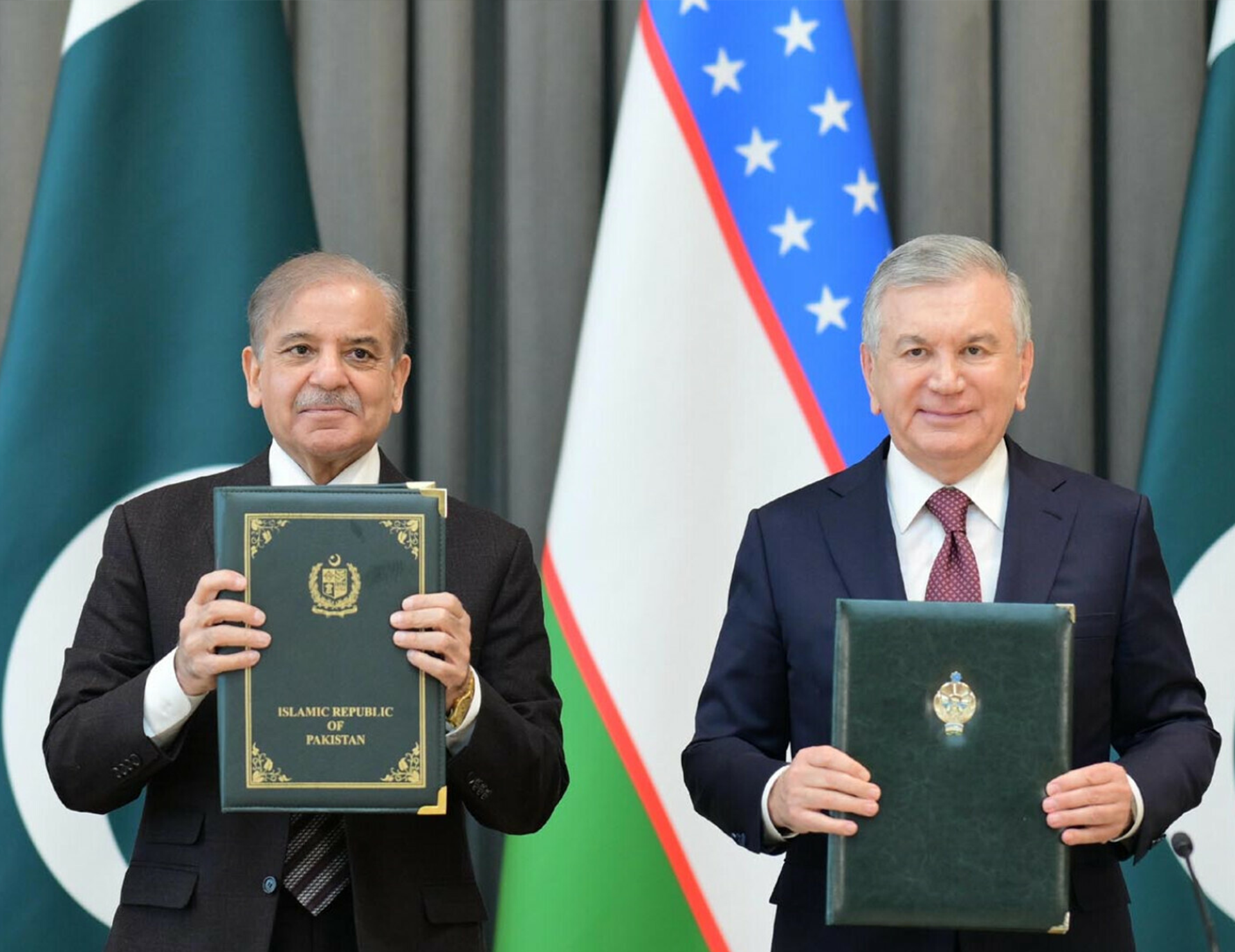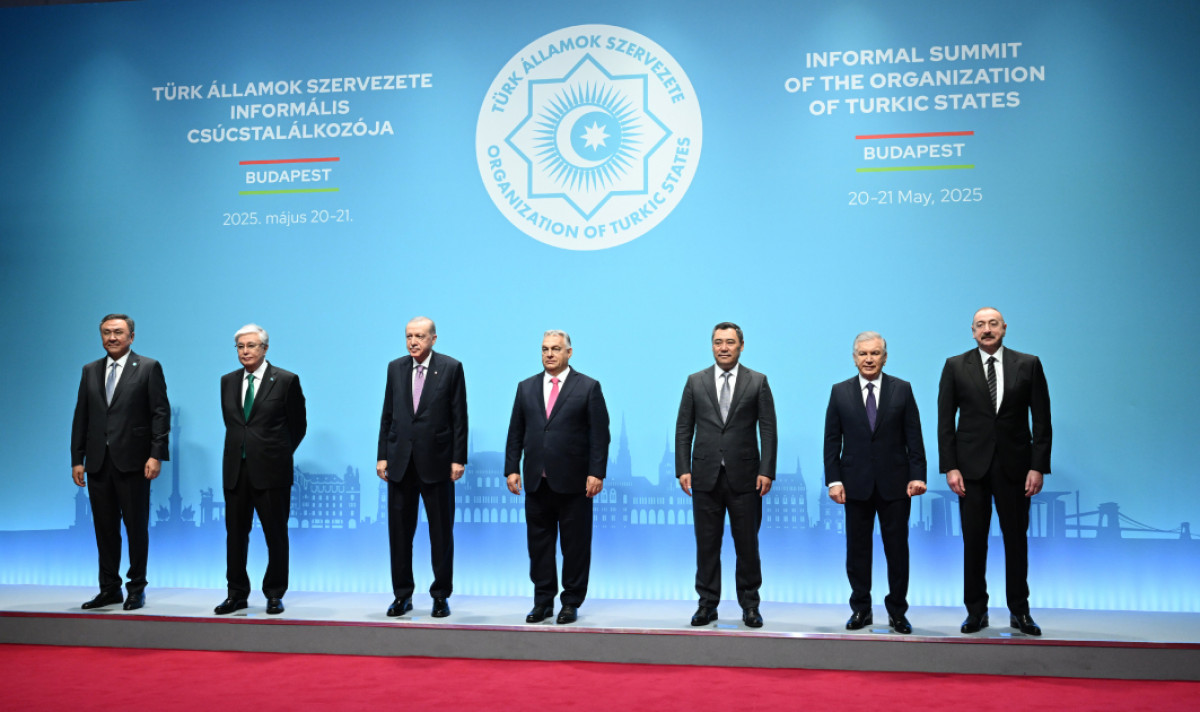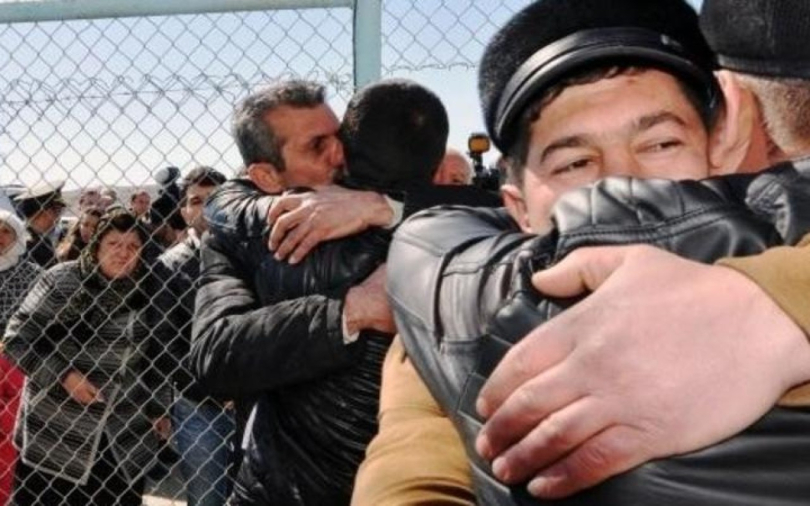After restoring its state independence in 1991, the Republic of Azerbaijan entered the international system as a new, sovereign actor. One of the primary objectives during the early years of independence was to formulate an independent, flexible foreign policy strategy grounded in national interests. Given Azerbaijan’s location in a geopolitically complex region, achieving success in this field was far from easy. However, an analysis of the subsequent period demonstrates that Azerbaijan has succeeded in maintaining its independent foreign policy line and aligning it with regional and global developments.
One of the main characteristics of Azerbaijan’s foreign policy is its multi-vector approach. The official position of Baku has been to avoid joining military-political blocs, instead preferring to establish balanced and parallel relations with different centers of power. This approach has not only provided Azerbaijan with broader diplomatic maneuvering capabilities but has also helped to preserve the country’s independent decision-making sovereignty. Azerbaijan’s multi-vector foreign policy was once again confirmed during President Ilham Aliyev’s state visit to China in April 2025. As a result of this visit, bilateral relations were elevated to the level of strategic partnership, marking the beginning of a new stage of cooperation. Strengthening ties with one of the world’s leading economic powers once again demonstrated the dynamism and flexibility of Azerbaijan’s foreign policy.
One of Azerbaijan’s most notable achievements on the international stage has been the establishment of a reliable partner image. Azerbaijan has actively participated in major regional and global projects in the fields of energy, transportation, and security. Strategic initiatives such as the Baku-Tbilisi-Ceyhan Main Export Oil Pipeline, the Baku-Tbilisi-Erzurum Gas Pipeline, and the Southern Gas Corridor confirm Azerbaijan’s critical role in ensuring regional and global energy security. At the same time, the Baku-Tbilisi-Kars railway line highlights Azerbaijan’s growing significance in strengthening logistics and transport links across the Eurasian space.
The projects initiated and actively participated in by Azerbaijan are not only of economic but also of geopolitical significance. These projects contribute to the deepening of regional cooperation, increasing mutual economic interdependence, and ultimately reinforcing regional stability. Azerbaijan’s role in these initiatives has enhanced its international reputation and presented the country as a trustworthy economic and political partner.
The protection of national interests remains a principled line in Azerbaijan’s foreign policy. In particular, ensuring the country’s territorial integrity has always been a top priority. The restoration of Azerbaijan’s territorial integrity following the 44-day Patriotic War in 2020 was not only the result of military achievements but also a consequence of long-term, carefully considered diplomatic efforts. Azerbaijan’s diplomacy played a crucial role in conveying the essence of the conflict to the international community and consistently defending a position based on the norms and principles of international law.
Azerbaijan has actively participated in international organizations, successfully advocating for its foreign policy priorities. The country’s initiatives and activities within structures such as the United Nations (UN), the Organization of Islamic Cooperation (OIC), the Non-Aligned Movement (NAM), and the Organization of Turkic States (OTS) have significantly strengthened its international standing. Particularly notable is Azerbaijan’s chairmanship of the Non-Aligned Movement from 2019 to 2023, during which the country demonstrated a balanced, principled, and constructive foreign policy approach on the global stage.
Azerbaijan’s independent foreign policy contributes not only to regional but also to global peace and security. Efforts aimed at ensuring stability and sustainable development in the South Caucasus, including Azerbaijan’s pragmatic and forward-looking approach in the peace negotiations with Armenia, reflect the country’s rational and future-oriented diplomacy. Azerbaijan actively promotes new regional cooperation formats, thereby fostering prospects for long-term stability and partnership in the region.
The country’s growing international role and proactive engagement with global challenges have been further confirmed by Azerbaijan’s hosting of COP29. Azerbaijan’s active participation in addressing climate change, environmental protection, and sustainable development demonstrates the emergence of new priorities within its foreign policy agenda. This shows that Azerbaijan is not only an energy producer and transit country but also an active partner in tackling global ecological challenges.
In conclusion, Azerbaijan’s foreign policy is based on the principles of independence, protection of national interests, a multi-vector approach, and the promotion of international cooperation. This policy has contributed to the safeguarding of the country’s sovereignty, the enhancement of its international reputation, and the strengthening of regional stability. Amidst global uncertainty and volatility, maintaining this course remains of strategic importance for the defense of Azerbaijan’s national interests.





